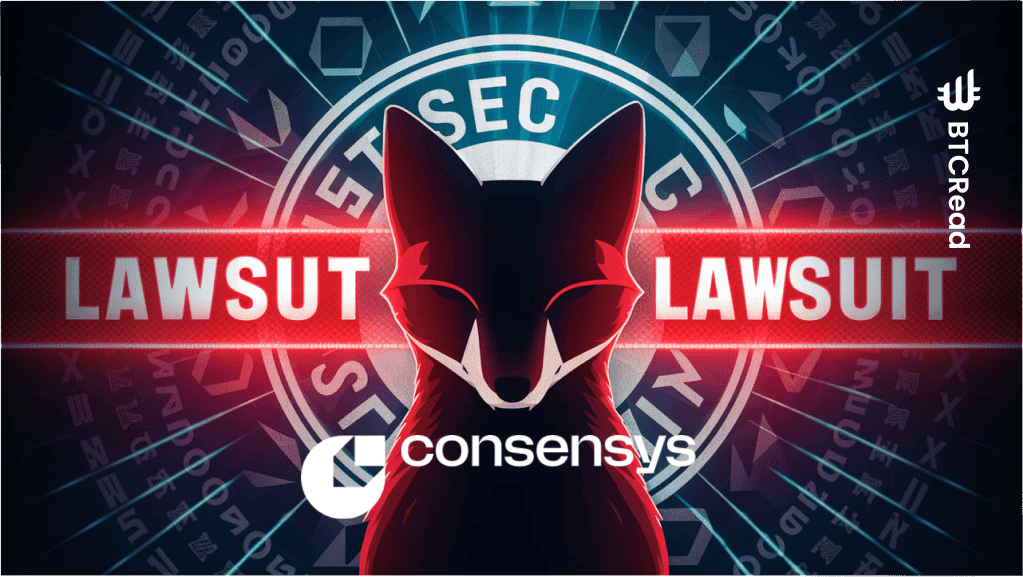The U.S. Securities and Exchange Commission (SEC) takes a legal action against Consensys on June 28, accusing the company of conducting unregistered securities offerings from Jan. 2023 onwards.
The SEC’s complaint alleges that the company distributed liquid staking tokens (stETH and rETH) issued by Lido and Rocket Pool. Unlike conventional staked assets, these tokens are freely tradeable.
Additionally, the SEC has accused Consensys of acting as an unregistered broker since Oct. 2020 via MetaMask Swaps. Allegedly, the company engaged in brokering crypto asset securities by actively seeking investors, offering pricing details, and earning compensation based on transactions.
Director of the SEC’s Division of Enforcement, Gurbir S. Grewal, said:
By allegedly collecting hundreds of millions of dollars in fees as an unregistered broker and engaging in the unregistered offer and sale of tens of thousands of securities, Consensys inserted itself squarely into the U.S. securities markets while depriving investors of the protections afforded by the federal securities laws.
Industry experts question Consensys case strength
Some industry experts have raised doubts about the SEC’s case strength. According to Tuyo founder Jorge Izquierdo, the complaint seems weak as it mainly focuses on Consensys offering access to staking ETH via stETH and rETH through non-custodial smart contracts.
Izquierdo draws parallels between this action and providing a user interface for any random swap, which was previously dismissed in the Coinbase Wallet case. Moreover, the complaint overlooks Consensys’ more direct staking services, the MetaMask Pool and MetaMask Validators. It may present stronger arguments as potential investment contracts between Consensys and investors.
Nevertheless, this legal action forms part of the SEC’s continuous effort to regulate the crypto sector. The ruling in this matter might have far reaching effects on other firms providing similar services, potentially shaping the future of DeFi and staking offerings.







